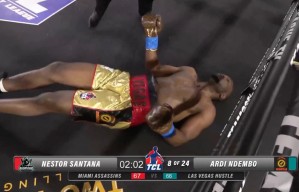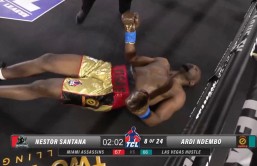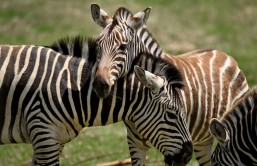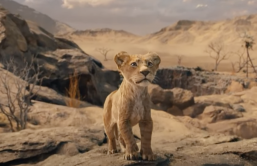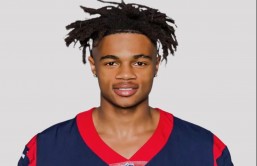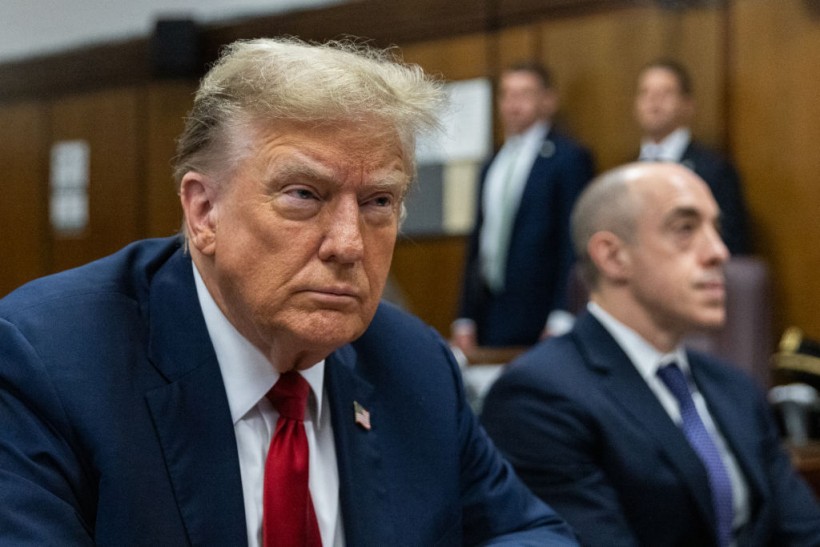
(Photo : EENAH MOON/POOL/AFP via Getty Images)
Former President Donald Trump attends his hush money trial in New York City. A CNN poll has found that Americans are evenly divided over whether he's being treated "more harshly" or "more leniently" by the legal system.
Donald Trump was back in a Manhattan court on Tuesday for the second day of his criminal trial.
Prosecutors and Trump's lawyers were question 18 potential jurors.
The first day of jury selection ended with no one yet chosen to be one of the 12 jurors and six alternates. More than half of the original 96 potential jurors were released when they indicated they could not be fair or impartial.
Some potential jurors have brought up concerns about summer plans if they served on the trial.
On Tuesday, when one person raised concerns about a September wedding the judge said, "If we're still here in September, that would be a big problem."
Manhattan District Attorney Alvin Bragg alleges that Trump helped falsify business records to cover up payments made to adult film star Stormy Daniels, who claims that she had sex with the former president.
Prosecutors say that Trump concealed his $130,000 reimbursement of the payments by Cohen and committed 34 felonies in the process while trying to keep Daniels out of the public eye ahead of the 2016 presidential election.
Trump has admitted to reimbursing Cohen for the payment but has said it had nothing to do with the campaign.
The former president has pleaded not guilty and has repeatedly denied having an affair.
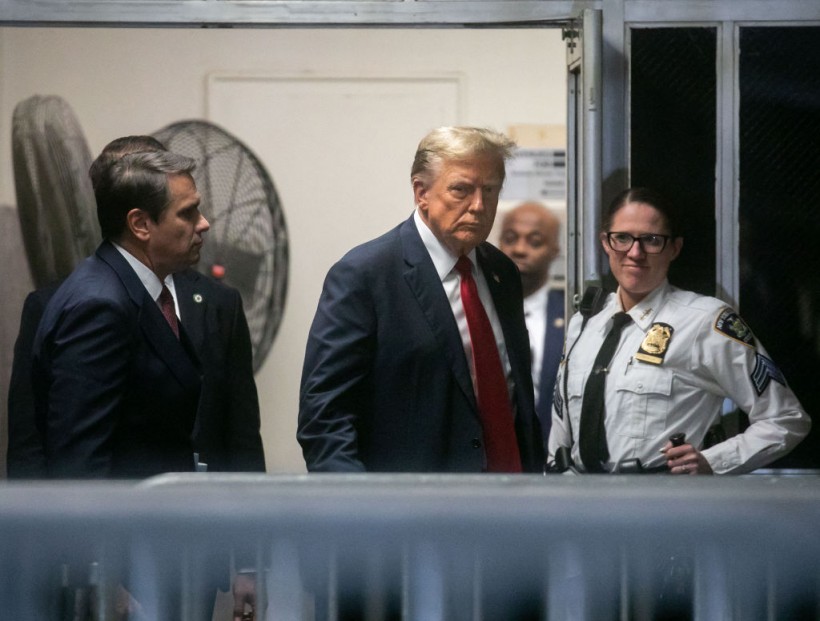
(Photo : MICHAEL NAGLE/POOL/AFP via Getty Images)
After the first day, Trump spoke to reporters outside of the courtroom.
"It's a scam, it's a political witch hunt," he said. "We're not going to be given a fair trial."
Jury selection could continue for several more days or weeks.
Here is what goes into jury selection.
Where do the jurors come from?
Potential jurors are randomly selected from lists of registered voters, holders of driver's licenses or IDs issued by the Division of Motor Vehicles, New York State income tax filers, recipients of unemployment insurance or family assistance, and from volunteers. All of the potential jurors will be Manhattan residents.
The pool of potential jurors is chosen at random.
How will Trump's jury be selected?
Judge Juan M. Merchan is bringing a large group of potential jurors into the courtroom and then briefly outlines the case. He then asks if they will be able to serve and be impartial. Any who indicate they cannot be fair will be dismissed.
Those who remain are called in groups into the jury box, where they are asked a set of questions.
Some of those questions are expected to be:
"Have you ever attended a rally or campaign event for Donald Trump?" and "Have you, a relative, or a close friend ever worked or volunteered for any anti-Trump group or organization?"
Lawyers for both sides are able to reject some potential jurors without giving a reason. After that, they can argue that a particular juror should be excluded but it will be the judge's decision.
The judge has ordered that the jurors' names be kept secret because of concerns they might wind up being harassed or threatened.
How much do Trump jurors earn?
The jury fee is $40 per day. If service extends beyond 30 days the court may authorize an additional $6 per day per juror.

